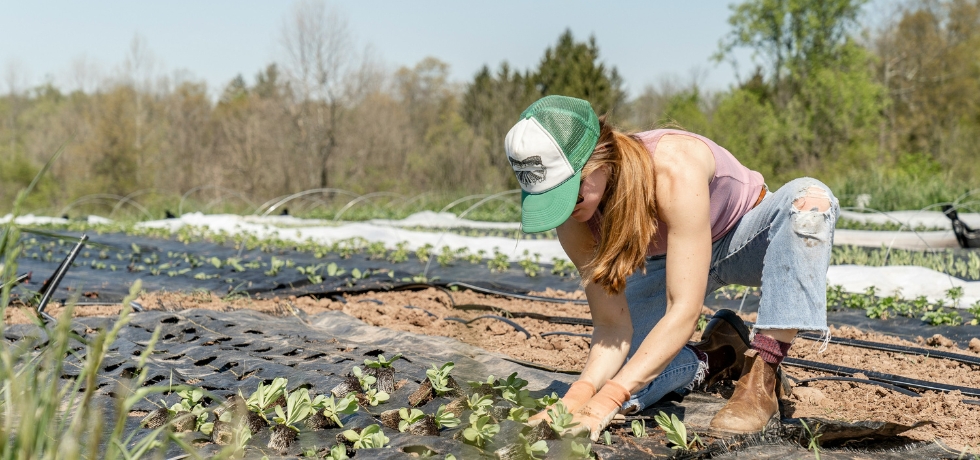Sustainable agriculture is crucial in ensuring food security and environmental health. Technology is playing a pivotal role in transforming traditional farming into more sustainable practices. This blog explores how innovative technologies are reshaping sustainable agriculture, making it more efficient and eco-friendly.
Precision Farming: Maximizing Efficiency
Precision farming is a game-changer in sustainable agriculture. By using GPS and IoT devices, farmers can monitor soil conditions, weather patterns, and crop health in real time. This technology helps in applying the right amount of water, fertilizers, and pesticides, reducing waste and environmental impact. Precision farming not only conserves resources but also boosts crop yields, making agriculture more sustainable.
Drones and Satellite Imagery: Enhancing Crop Monitoring
Drones and satellite imagery are revolutionizing crop monitoring in sustainable agriculture. Drones equipped with cameras and sensors can capture high-resolution images of fields. These images help in identifying crop health issues early, such as pest infestations or nutrient deficiencies. Satellite imagery provides a broader view, helping in long-term planning and monitoring. These technologies ensure timely interventions, reducing crop losses and promoting sustainable farming practices.
Smart Irrigation Systems: Conserving Water
Water conservation is a key aspect of sustainable agriculture. Smart irrigation systems use sensors to monitor soil moisture levels and weather conditions. These systems automatically adjust water usage based on real-time data, ensuring crops receive the right amount of water. By preventing overwatering and reducing water waste, smart irrigation systems support sustainable agriculture and help in preserving this vital resource.
Biotechnology: Developing Resilient Crops
Biotechnology is making significant strides in sustainable agriculture by developing crops that are more resilient to climate change and pests. Genetically modified organisms (GMOs) and gene editing techniques create crops that require fewer resources and can withstand harsh conditions. This reduces the reliance on chemical pesticides and fertilizers, promoting more sustainable farming practices.
Data Analytics: Informed Decision-Making
Data analytics is a powerful tool in sustainable agriculture. By analyzing data collected from various sources, fkarmers can make informed decisions about crop management, resource allocation, and market trends. This data-driven approach ensures efficiency and sustainability in agricultural practices. Farmers can optimize their operations, reduce waste, and increase productivity, all while promoting sustainable agriculture.
Conclusion
The role of technology in driving sustainable agriculture cannot be overstated. From precision farming and drones to smart irrigation and biotechnology, technological advancements are making agriculture more efficient and eco-friendly. As we continue to innovate, the potential for sustainable agriculture grows, promising a greener and more food-secure future. Embracing these technologies is essential for achieving long-term sustainability in agriculture. Sustainable agriculture, powered by technology, is the way forward.
Tags:
Green LivingSustainable DevelopmentAuthor - Vaishnavi K V
Vaishnavi is an exceptionally self-motivated person with more than 4 years of expertise in producing news stories, blogs, and content marketing pieces. She uses strong language and an accurate and flexible writing style. She is passionate about learning new subjects, has a talent for creating original material, and has the ability to produce polished and appealing writing for diverse clients.






